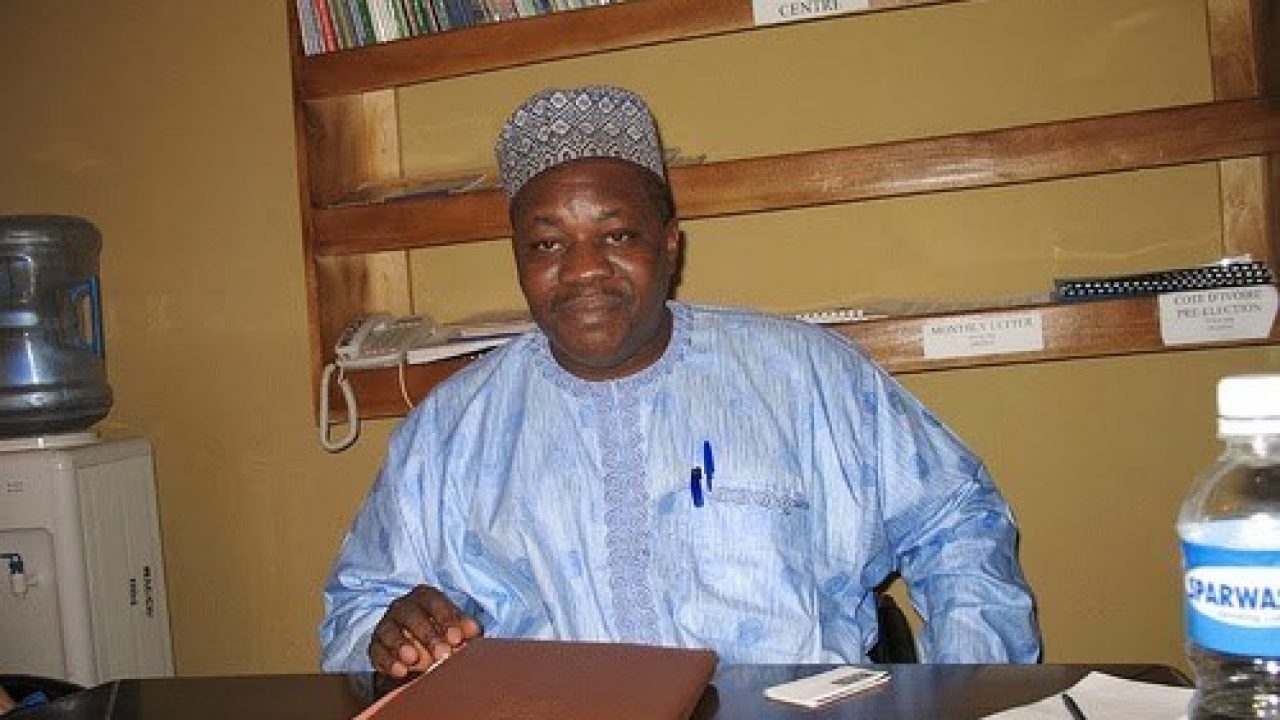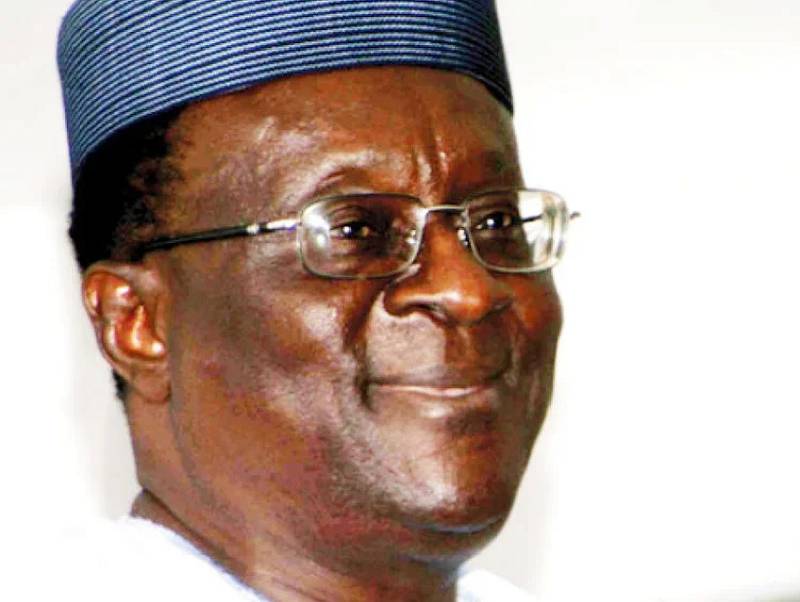Ending the ASUU Strike Now, By Jibrin Ibrahim
The ASUU Strike is now on its 236th day, that is seven months and 24 days. Yet another full academic session has been lost to strike by academics in public universities in Nigeria. The most important victims ae over two million students in public universities who have been denied access to their places of learning. University lecturers are also angry, unpaid and hungry. They are above all clueless as to why the strike tactics they have used for fourty five years is still not working. The mediators – traditional and religious rulers, legislators, university council chairs are talking to both sides and confronting the same reality of a stubborn attitude of – victory to us or death to the institution. The Ministers in charge of Education and Labour are excited at the way the strike has given them the opportunity to wrestle each other into oblivion and are succeeding in their heart’s desire. Meanwhile, the President of the country finally discovers the problem – the academy is corrupt. He forgot that he had been telling Nigerians for decades that all institutions are corrupt. How sad.
There is enough blame to go around but this is not the time to address responsibilities. The time for a temporary resolution has arrived and we need to define the pathway. ASUU is ready to end the strike and reassess the situation but needs a small win to calm angry members. The Minister of education is overwhelmed by the depth of the crisis and has abdicated his responsibility. The Minister of Labour has discovered he is a warrior with responsibility to destroy ASUU forever, but he can only fail.
President Muhammadu Buhari has taken the decision that his Government is no longer ready to cave in to ASUU demands it has no capacity, desire or will to satisfy and wants a reality check. ASUU should accept this, study what the tea leaves are telling us about the current conjuncture of the insolvency of the Nigerian State and review its tactics. Government should therefore take decisions of what its “realistic” new policy direction for tertiary education is but again the conjuncture problem emerges, the President is enroute to Daura for retirement and only the next Government can begin to address the problem.
The Minister of Labour must be restrained in his crazy belief that he can kill ASUU by registering new unions that would compromise the struggle of academics. Intelligence agencies should send him a brief explaining that throughout its history, ASUU has consulted its base consistently and broadly represents their interests. In addition, as I have said many times in this column, ASUU demands are legitimate and should be addressed if Nigeria wants to give itself the quality education it deserves and needs. It is futile to think ASUU can be marginalized in the university. Deregistering it would be insane as that would mean there would be no voice for the system.
The Minister of Education should reclaim his mandate, calm down, take the insults on the chin and fight for a compromise. He has said many times in the past that ASUU is the conscience of the Nation, he believes it, he should act on his belief and work on getting the President to understand that trying to kill ASUU is futile and the pathway to destruction. Minister Adamu Adamu, you are brave, you can do it, ACT.
The consequence of a forced reopening of the university is that academics would refuse to resume teaching or at best be so half-hearted in their resumption that there would be an even more drastic decline in quality. Students would get agitated and join the fray at a delicate time of election campaigns, general insecurity and political tension in the country. The consequences can be grave for the country. The Government must step back from its new-found warrior posture.
The way forward.
Government should make an improved offer to academics who are grossly under paid and over worked.
ASUU should accept the offer as an interim measure while they review their position and strategy in preparation for the new government that will emerge next year.
We need to open a broad policy debate on education as a public good that the State has an obligation to provide to citizens in an equitable manner. Accordingly, Article 18 of the Constitution:
18. (1) Government shall direct its policy towards ensuring that there are equal and adequate educational opportunities at all levels.
(2) Government shall promote science and technology
(3) Government shall strive to eradicate illiteracy; and to this end Government shall as and when practicable provide
(a) free, compulsory and universal primary education;
(b) free secondary education;
(c) free university education; and
(d) free adult literacy programme.
Government has not been doing this. The consequence is that citizens have taken their children out of public primary and secondary education and pay for varying qualities of private education. The university is now confronting that choice. How can the poor who cannot afford current costs in private universities ensure their children get degrees? We are at the stage where all Presidential candidates currently on campaign should set up task forces to develop their policy framework for addressing the crisis of education in Nigeria. In so doing, they should review the revered Article 18 of the Constitution on the right of all citizens to have free access to quality education. It is desirable but what is feasible today? What is a realistic projection of access and funding for tertiary education given the reality of what has already happened to primary and secondary education?
The principle of universal access to quality education at all levels is the recipe for a progressive Nigeria. Currently, over 15 million Nigerians of school going age have no access to primary education. Millions of others who are from poor families have no access to quality education and the result is we are today in class warfare as the precariat procure weapons and engage in violence, insurgency, mass kidnapping and separatist warfare against the Nigerian State and people. ASUU is not the problem. We have a collective guilt of refusal to provide for the children of the masses and they are now coming after us. End the strike, broaden the debate and think of inclusive solutions.



